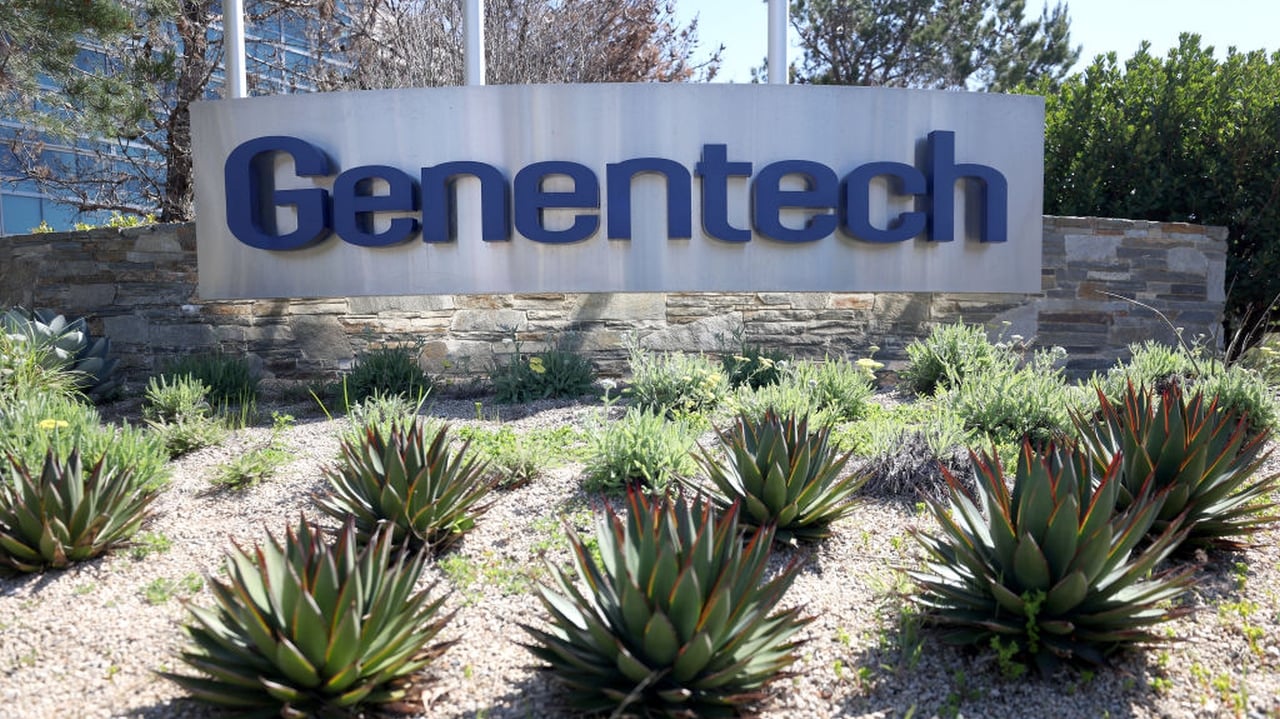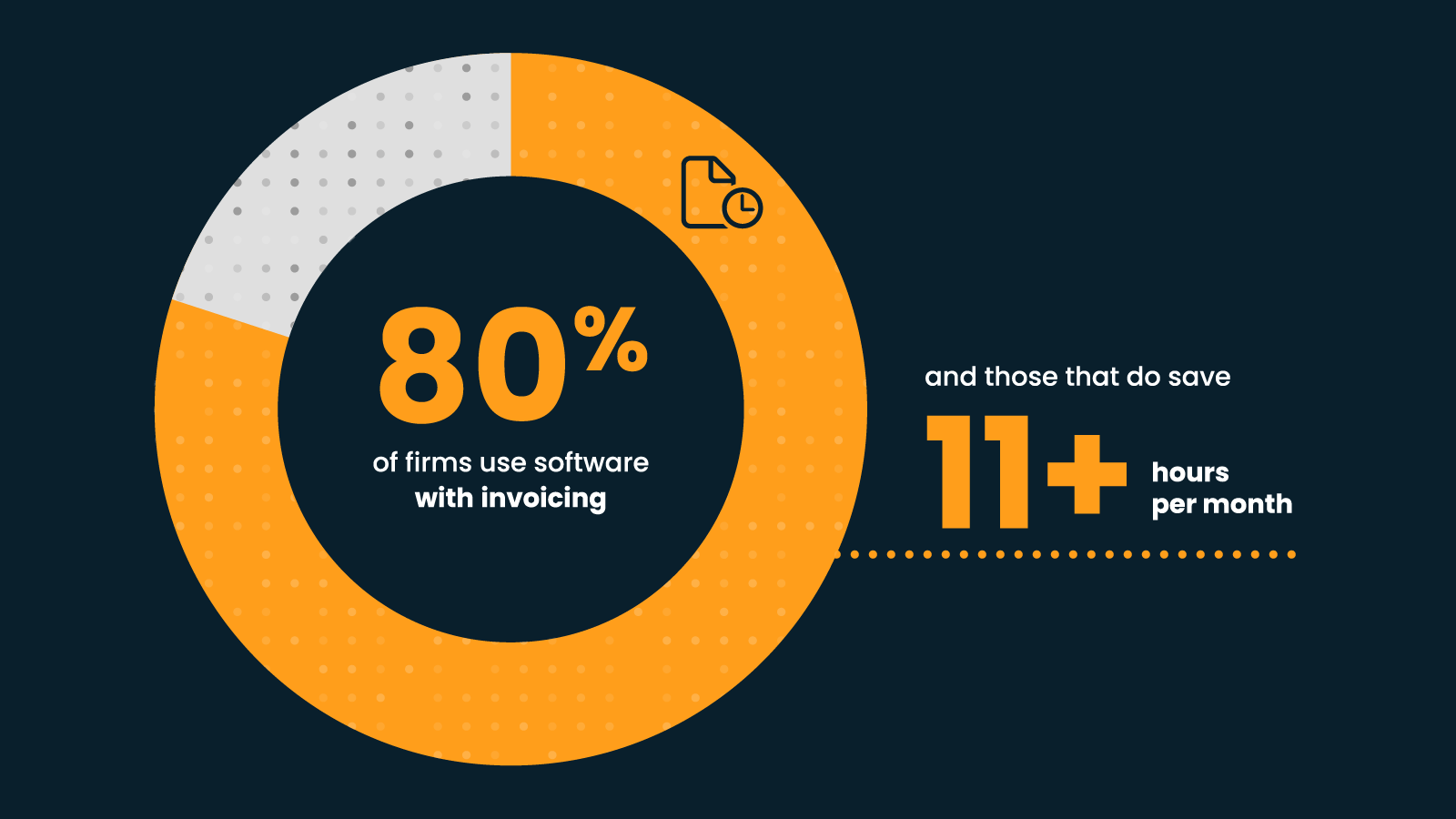From Workflow To Win: How Legal Ops Makes Legal Tech Actually Work
Every legal tech investment should connect back to business impact. Legal ops builds that bridge. The post From Workflow To Win: How Legal Ops Makes Legal Tech Actually Work appeared first on Above the Law.


If you’ve ever sat through a demo of a powerful legal tech tool and thought, “Yes, this is exactly what we need,” only to find six months after it’s implemented, no one is actually using it, you’re not alone.
It’s one of the most common pain points I hear from in-house teams: The platform was sound, the vision was there, but the impact fell short. The disconnect wasn’t in the technology — it was in the translation between what the tool could do and what the team needed it to do.
That translation? It’s not automatic. It’s not built into the platform. It happens when legal operations drives the strategy, not just the implementation.
Great tech doesn’t work in a vacuum. It works when legal ops lays the foundation that allows it to thrive.
Workflow Mapping & Assessment
Before you automate, you have to understand what you’re automating. That’s why every successful implementation starts with a deep dive into how legal work actually flows — not how it’s drawn on a slide, but how it moves through the department every day.
Legal ops maps intake, triage, approval, escalation, and reporting to uncover inefficiencies and eliminate duplicative effort. In one recent engagement, we helped a legal department reduce its average contract cycle time by 40% without buying new tech. The bottleneck wasn’t in the platform. It was in the process.
Cross-Functional Input
Legal doesn’t live on an island — and your systems can’t either.
We work across functions — finance, sales, procurement, IT — to ensure the tech reflects how people actually collaborate. Legal ops facilitates this alignment, ensuring the platform works not just for legal, but for every team that interacts with it.
A system that’s designed in a silo usually stays in a silo. But when it’s built with cross-functional input, it becomes an enterprise asset.
Technology Readiness
There’s no shame in not being “tech-ready.” In fact, most legal teams aren’t. It’s not a failure — it’s a phase.
Legal ops helps departments get ready by clarifying roles, documenting workflows, defining service levels, and identifying KPIs that matter. Without this foundation, tech gets layered over ambiguity, and confusion scales instead of clarity.
Readiness is about asking the right questions before buying, so your investment leads to acceleration, not frustration.
ROI and Change Management
Every legal tech investment should connect back to business impact. Legal ops builds that bridge.
We help define ROI not in abstract terms, but in real metrics: reducing outside counsel spend, shortening contract turnaround time, increasing self-service for low-risk work, and improving budget predictability.
And we don’t stop at go-live. We manage change through communication plans, stakeholder training, and adoption strategies that stick. Even the best tech is only as good as those using it, and their willingness to adopt something new.
Wrapping Up From CLOC: Tools Matter. People Make Them Work.
Coming off an energizing (if exhausting!) week at CLOC, I saw more impressive legal tech than ever, and I was lucky to meet and catch up with so many talented, generous, and strategic legal ops professionals who are leading the charge.
We’re in an era where tools are growing more sophisticated by the month. But as I was reminded in every conversation and panel, it’s still people, not platforms, that turn vision into value.
We don’t have to do it alone. And we shouldn’t try to.
Legal ops is the human layer that turns good tech into great outcomes.

Stephanie Corey is the co-founder and CEO of UpLevel Ops. She also serves as the Global Chair of LINK x L Suite — a premier community of General Counsel and Legal Operations leaders united to transform the legal industry through collaboration, innovation, and strategic insight. Stephanie co-founded LINK (Legal Innovators Network), a legal ops organization exclusively for experienced in-house professionals, and previously founded the Corporate Legal Operations Consortium (CLOC), where she served as an executive board member. She is a recognized leader in legal operations and a frequent advisor to corporate legal departments on scaling operational excellence. Please feel free to connect with her on LinkedIn.
The post From Workflow To Win: How Legal Ops Makes Legal Tech Actually Work appeared first on Above the Law.
























































































![The F-35’s future: The power and cooling competition that could change everything [Video]](https://breakingdefense.com/wp-content/uploads/sites/3/2024/09/240924_F35_moon_USAF-scaled-e1727200160419.jpg?#)




























































